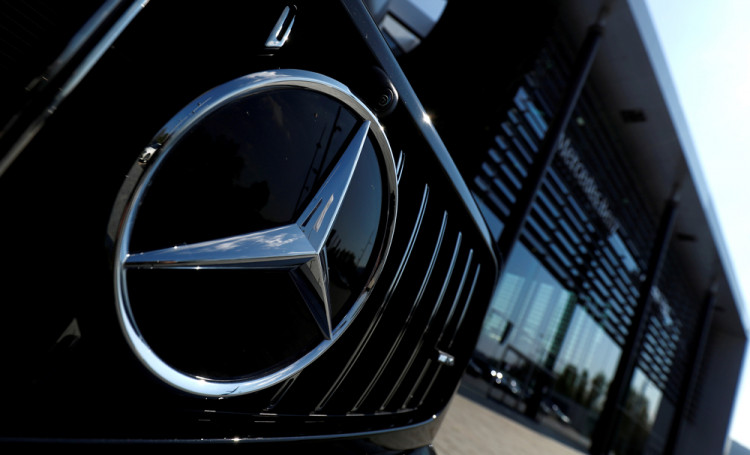The United Auto Workers (UAW) is at a critical juncture as workers at a Mercedes-Benz factory in Vance, Alabama, cast their votes on unionization. This vote is seen as a significant test for the UAW's influence in the traditionally anti-union South, where previous efforts have often faltered. The outcome will not only affect the future of the Mercedes plant but could also have broader implications for labor movements across the region.
The UAW has recently gained momentum with a decisive organizing victory at a Volkswagen plant in Chattanooga, Tennessee, and a lucrative new contract at six Daimler Truck facilities. A win at the Mercedes-Benz plant would mark another significant milestone, making it the second foreign-owned automaker in the U.S. South to join the UAW. The election results, expected around 1 p.m. EDT on Friday, will determine the fate of over 5,000 eligible workers from both an SUV assembly plant and a nearby electric-vehicle battery plant.
The company has made its stance clear, with signs urging workers to vote "no" prominently displayed around the plant. Mercedes-Benz has also engaged anti-union firms to communicate the potential risks of unionizing. Despite these efforts, Mercedes maintains that it respects the unionizing process and is committed to ensuring that every worker has the information needed to make an informed decision.
Political opposition has also been fierce. Six U.S. governors, including Alabama's Kay Ivey, have signed a letter urging workers to reject the UAW, arguing that unionization would hinder the auto industry's growth in the South. Workers on both sides of the debate anticipate a close election. Pro-UAW Mercedes employee Kay Finklea expressed cautious optimism, "I was hoping for a bigger win, but I'll take a close win. I think we've still got it."
For UAW President Shawn Fain, securing a win at Mercedes is a crucial step in his $40 million mission to organize more than a dozen automakers across the nation, including Toyota and Tesla. This effort is part of a broader strategy to reinvigorate the union's dwindling ranks and expand its influence.
The stakes are high for Alabama's auto industry. Pro-union signs dot the landscape between Birmingham and Tuscaloosa, signaling the intense local interest in the vote. Mercedes-Benz has responded by installing new leadership, with Federico Kochlowski addressing worker concerns about safety, long hours, and morale in a speech last week.
Historically, union drives in the South face significant challenges. Alabama's union membership rate stands at 7.5%, below the national average of 10%. The state's "right-to-work" laws further complicate union efforts by allowing workers to benefit from union negotiations without paying union dues, thereby weakening financial support for unions.
Mercedes-Benz workers have attempted to organize for years, but this time feels different. The UAW's recent successes in Detroit, where they secured record contracts after a six-week strike, have bolstered their credibility. Public support for unions is also on the rise, with President Joe Biden making a historic appearance on picket lines last fall. Conversely, former President Donald Trump has criticized the UAW, accusing it of allowing the manufacturing of electric vehicles to cost American jobs.
The UAW's mission is clear: capitalize on the current momentum to expand its influence. As Fain stated last month, "We're moving as fast as we can."






